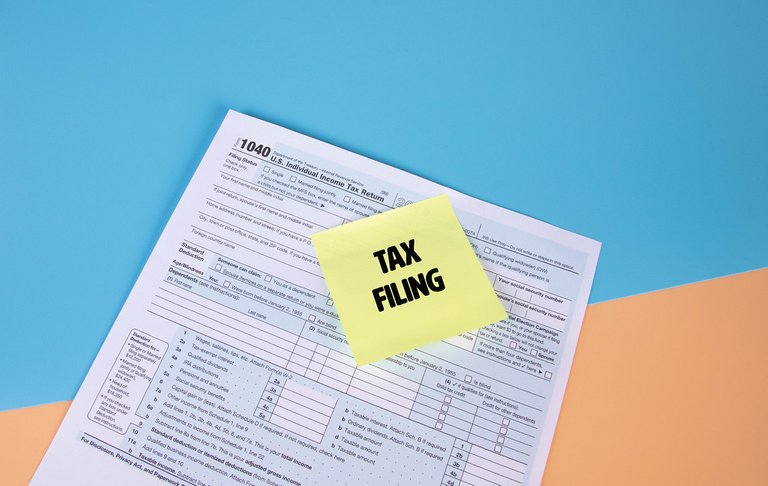Self-employed workers and small business owners are not exempt from paying taxes in the Philippines. You will also need to file your tax forms, especially the BIR 1701 form (note that this is not the only form you need to file and pay for). The only difference from employees is that you have to file it yourself.

But first, what is the BIR 1701 form? The BIR Form 1701 or Annual Income Tax Return for Self-Employed, Estate, and Trust Taxpayer shows all transactions covered during the calendar year.
According to the BIR, it must be presented by the following people:
A citizen engaged in trade, business, or professional practice within and outside the Philippines.
A resident alien, non-resident citizen or non-resident alien of the Philippines engaged in trade, business, or business practice.
Trustee of a trust, guardian of a minor, executor/administrator of an estate, or any person working in any fiduciary capacity for any person, where said trust, estate, minor or person does business or is engaged in business.
The person who dedicates himself to commerce or business or exercises their profession also receives compensatory income.
In a nutshell, freelancers and sole proprietors must file income tax returns Philippines; however, if your annual income is less than P250,000, you are exempt from paying the percentage tax and income tax. Though, you must submit your completed BIR 1701 RDO form.
What is the difference between 1701 and 1701 A? You will only need to file using BIR Form 1701A if you have chosen one of the following for your income tax schedule and you have earned income entirely from business or professional practice.
Graduated income tax rate with an optional standard deduction (OSD), or a flat income tax rate of eight percent. If you do not belong to said tax schedules, you must present the BIR 1701 form.
Also, if you have mixed-income (you are an employee and earn from a side business/job), you will need to file BIR 1701. So, even if you have mixed-income, you will still need to file Form 1701 even if your company or business is under the eight percent tax rate or Graduated income tax rate with OSD.
According to the new TRAIN law, those who earn less than 250,000 thousand a year are exempt from filing income tax returns. So, if you are in this group, you do not have to pay your annual ITR, but you still have to file a return.
The TRAIN law gives you two options for collecting your taxes and calculating them. You can follow the three percent + income tax (use the graduated income tax table) or use the new eight percent gross receipt tax.
Eight percent gross receipts tax may sound easy to you, but keep in mind that it's not for everyone. But as mentioned in the previous section, if you're going to use the BIR 1701 form, you're more likely to be on graduated income tax rate with itemized deduction.